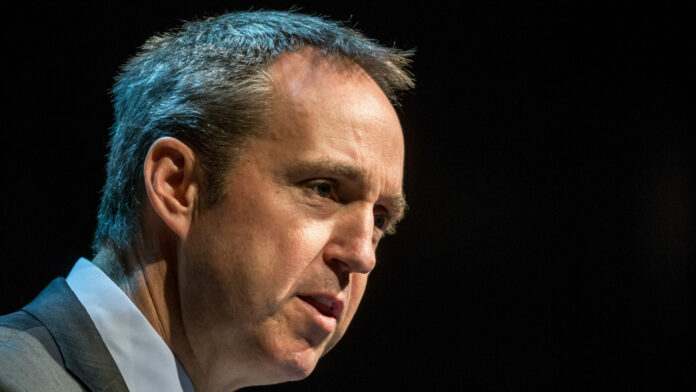
SOUTH32, the diversified miner with aluminium smelters and manganese mines in South Africa, has been trucking as much of its manganese ore as is profitable from its Northern Cape mines to compensate for logistical bottlenecks, including the recent two week Transnet rail strike.
However, it has not yet reduced its full-year guidance for manganese production, CEO Graham Kerr said on Thursday. He was speaking during a media call following the group’s annual general meeting.
In its September quarter, South32 reported difficulty in accessing ports and rail, and in October Transnet declared force majeure because of a wage strike. The Minerals Council SA estimated that all South African mines had chalked up losses of about R815m a day during the strike.
South32 has pencilled in manganese ore output of two million tons for the year to end-September 2023, although its first quarter 2023 production and sales were 8% lower than in the first quarter of 2022 at 562,000 tons and 473,000 tons respectively.
The Metal Bulletin manganese ore index (37% FOB Port Elizabeth) has dropped from a recent peak of just over $6/dmtu (dry metric ton) in May 2020 to around $3.06/dmtu in mid-October. Kerr said it was not profitable for South32 to truck all its manganese products at current prices but it was still viable for most of them.
Transnet has had plans on the table for several years to expand capacity on the manganese rail line from the Northern Cape to Gqeberha (Port Elizabeth) from the current 12Mtpa to 16Mtpa and build a new dedicated manganese ore terminal. It intends to bring in private investors to finance the terminal.
Kerr said South32 was interested in Transnet’s plans, but was considering all options, which could include a partnership with a private enterprise.
South32 is eager to expand its access to manganese rail capacity, because it has plans to double the output from the Wessels underground mine. But it is also considering other options, such as a rapid load-out facility to make maximum use of existing infrastructure, he said.
Kerr was also asked whether South32 was considering any more corporate action to expand its access to base metals such as copper, nickel and zinc. In the 2022 financial year, South32 bought a 45% interest in the Sierra Gorda copper mine from Sumitomo.
He said metals such as copper, nickel, zinc and silver were going to play an important role in decarbonisation, but supply of these metals has been shrinking over the past five to six years. Although there is short-term price volatility, South32 regards these metals as very attractive in the long term.
While some producers were restructuring their balance sheets, Kerr said there were no great assets up for sale at a cheap price and competition for these commodities was intense. Rather than stretching its own balance sheet, South32 would exploit the strong pipeline of opportunities in its current portfolio, although it would continue to watch for opportunities.











